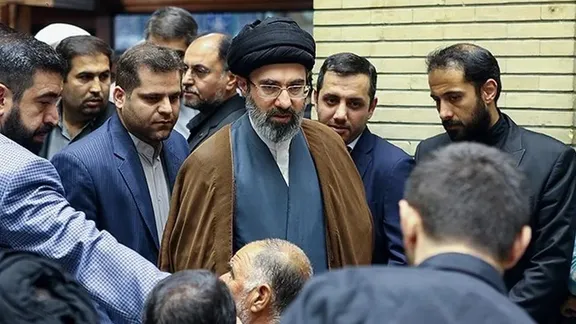
Mali’s Loulo Gold Mine to Restart Under State Control Amid Ongoing Dispute
In a significant development for West Africa’s mining sector, the Loulo underground gold mine in Mali is set to resume active mining operations on October 15, 2025. This move marks a key step toward restoring production at one of the country’s most important gold complexes, which has been paralyzed for months by a bitter dispute between the Malian government and Canadian mining giant Barrick Gold Corporation .
The restart comes under the authority of a court-appointed provisional administration, reflecting the ongoing struggle between the military-led government and the international mining company over control of Mali’s mineral resources.
A Complex Dispute
The conflict centers on Mali’s implementation of a new mining code in 2023 that increases taxes and expands the state’s ownership stake in mining assets . Barrick, which owns 80% of the Loulo-Gounkoto complex with the Malian state holding the remaining 20%, argues that existing agreements protect its rights .
The situation escalated in January 2025 when Barrick suspended operations after Malian authorities blocked gold exports and seized approximately three tonnes of gold inventory . The company subsequently removed Loulo-Gounkoto from its 2025 production guidance—a significant move since the complex accounted for approximately 14% of Barrick’s anticipated gold output and had produced over 720,000 ounces in 2024 .
In June 2025, the Bamako Tribunal of Commerce placed the Loulo-Gounkoto complex under provisional state control for six months, appointing former health minister Soumana Makadji as administrator to restart operations .
The Path to Restart
Under the provisional administration, limited operations have continued by processing existing ore stocks. The complex has produced approximately 1.07 metric tons of gold from these stockpiles since the suspension .
The scheduled October 15 restart of underground mining follows the resolution of unpaid bills with key subcontractors Sandvik and Maxam, enabling the critical blasting operations to resume . However, activities at the complex’s open-pit mine are not expected to restart simultaneously, as the main subcontractor for that operation remains unpaid .
The provisional administration had initially planned to resume active mining in September but faced delays in negotiations with subcontractors, some of whom had not been paid since Barrick suspended operations in January .
Ongoing Legal Battle and Economic Impact
While operations gradually restart under state supervision, the legal battle continues on multiple fronts:
· International Arbitration: Barrick has initiated proceedings with the World Bank’s International Centre for Settlement of Investment Disputes (ICSID). A ruling on the legitimacy of the provisional administration is expected in October 2025 .
· Financial Impact: Barrick recorded a $1.04 billion write-down in the second quarter of 2025 due to the loss of control over Loulo-Gounkoto, though strong performance elsewhere helped the company deliver its best quarterly earnings in over a decade .
· Human Toll: Four local Barrick employees remain detained in Bamako Central Prison on what the company calls “unfounded charges,” with their recent appeal for release denied on July 22, 2025 .
The dispute has taken a significant toll on Mali’s economy. Government data shows the country’s industrial gold production fell 32% year-on-year to 26.2 tons by the end of August 2025, largely due to the suspension at Loulo-Gounkoto .
Background and Escalation
The current conflict has roots in earlier developments. After a 2021 coup d’état, Mali’s transitional government came under military junta leadership led by Général d’Armée Assimi Goïta . The government launched a mining sector audit in August 2022, followed by the new mining code in 2023 .
In October 2023, Mali established a Renegotiation Committee to review existing mining contracts, which Barrick claims conflicts with stability rights protected under both existing mining conventions and the 2023 Mining Code itself .
Despite periods of constructive engagement, including a good-faith payment of $83 million by Barrick in October 2024, negotiations have repeatedly stalled . The company claims that after it made concessions and signed a Memorandum of Agreement in February 2025, the government minister did not countersign .
Global Implications
The Barrick-Mali dispute is being closely watched by international mining companies and investors, serving as a case study in resource nationalism and investment security in emerging markets . The outcome may influence how other resource-rich nations approach renegotiating terms with foreign mining companies and balance the desire for greater economic benefits with the need to maintain foreign investment .
As the October 15 mining restart approaches, all eyes will be on both the World Bank’s arbitration ruling and the provisional administration’s ability to sustainably resume operations at one of West Africa’s most significant gold mining complexes.








